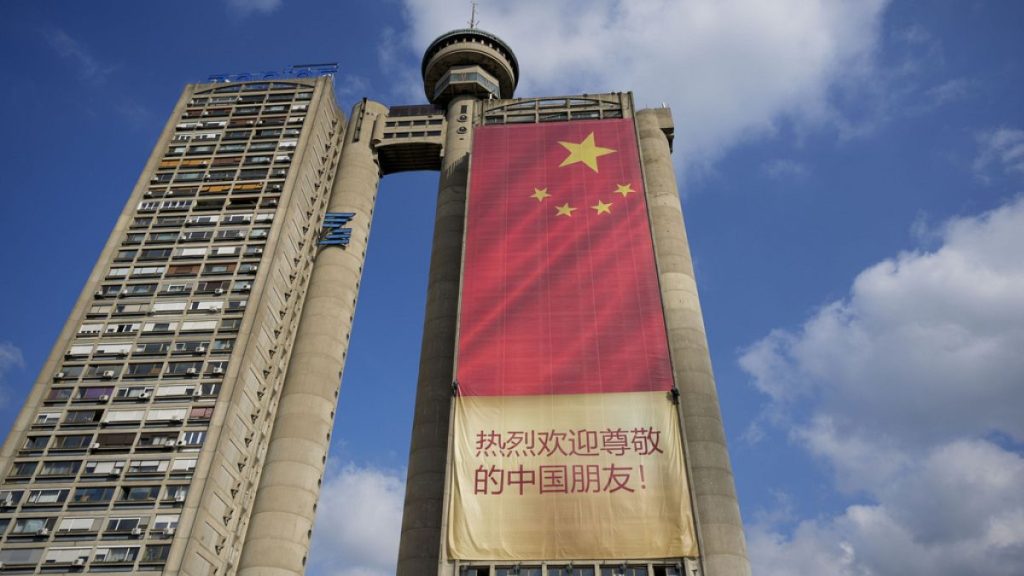Chinese President Xi Jinping’s state visit to Serbia coincides with the 25th anniversary of the Chinese embassy bombing by NATO in 1999. The bombing, acknowledged by the US as a mistake, remains a contentious issue in Sino-American relations. Despite this historical memory, Xi’s visit is also about broader economic ties between China and Serbia. In recent years, China has heavily invested in Serbia, owning factories and mines, building roads, and financing a railway line between Belgrade and Budapest. However, Chinese investments have also been criticized for causing pollution and environmental degradation in the region. Additionally, a Chinese tire factory in Serbia is facing allegations of exploiting workers from Vietnam and India.
Following his visit to Serbia, Xi Jinping will next visit Hungary, where he will be welcomed by a government that has cultivated close relations with both Beijing and Moscow. Hungary is the first EU member to join China’s Belt and Road development program, positioning itself as a gateway for Chinese influence into Europe. China’s interest in relocating some of its production to Europe, due to increasing protectionism, has led to Hungary being seen as an ideal location. However, the European Commission has raised concerns about Chinese subsidies to electric vehicles and solar panels, accusing China of distorting competition in the EU. This stance shows Brussels’ push for protectionist measures to limit China’s economic ambitions in Europe.
In the broader context of Sino-European relations, Chinese investments and economic activities in Serbia and Hungary represent Beijing’s efforts to expand its influence in the region. Serbia has welcomed Chinese investments in infrastructure projects like roads and railways, despite concerns over environmental impact and labor practices. Hungary’s close ties with China and Moscow have positioned it as an important player in China’s Belt and Road initiative, serving as a gateway for Chinese presence in Europe. However, the EU’s efforts to investigate Chinese subsidies and protect its economic interests signal a pushback against China’s growing influence in the region, indicating ongoing tensions between Brussels and Beijing.
Xi Jinping’s visit to Serbia and Hungary highlights the complex dynamics at play in Sino-European relations, particularly in the context of China’s growing economic presence in the region. The anniversary of the Chinese embassy bombing in Belgrade serves as a reminder of historical tensions between China and the US, despite efforts to strengthen economic ties. China’s investments in Serbia and Hungary, while beneficial for infrastructure development, have also raised concerns about environmental impact and labor rights. The EU’s response to Chinese subsidies reflects broader concerns about China’s economic activities in Europe, signaling a potential shift towards protectionist measures to safeguard European interests.
As Xi Jinping continues his state visit to Hungary, the significance of China’s investments in the region and its pursuit of economic influence in Europe are brought into focus. Hungary’s alignment with Beijing and Moscow, as well as its participation in China’s Belt and Road initiative, underscore the country’s role as a strategic partner for China in the region. However, the EU’s reservations about Chinese subsidies and competition distortion highlight the challenges facing Sino-European relations. Ultimately, Xi’s visit to Serbia and Hungary highlights the complexities of balancing economic interests, historical grievances, and geopolitical dynamics in the evolving relationship between China and Europe.


